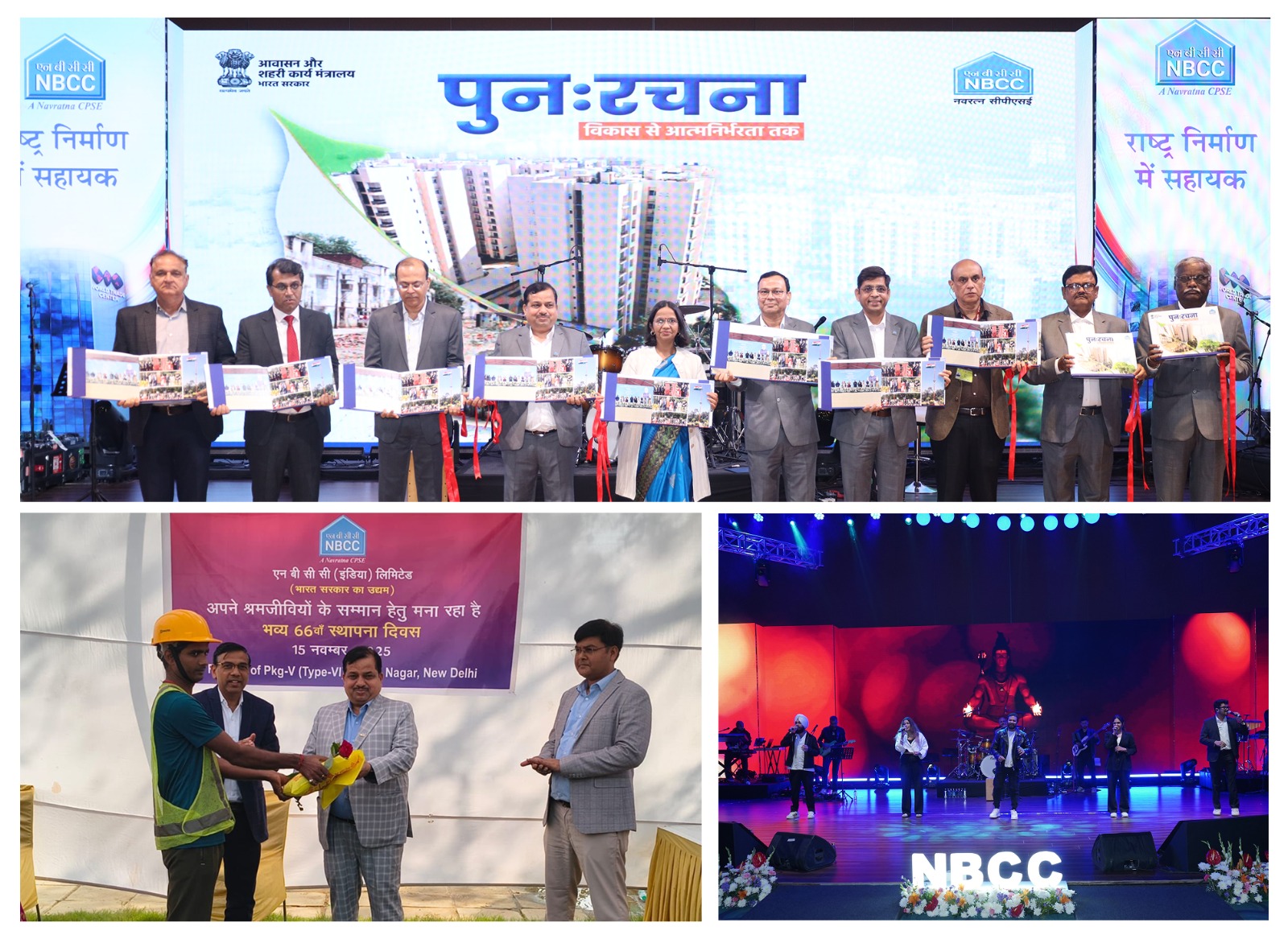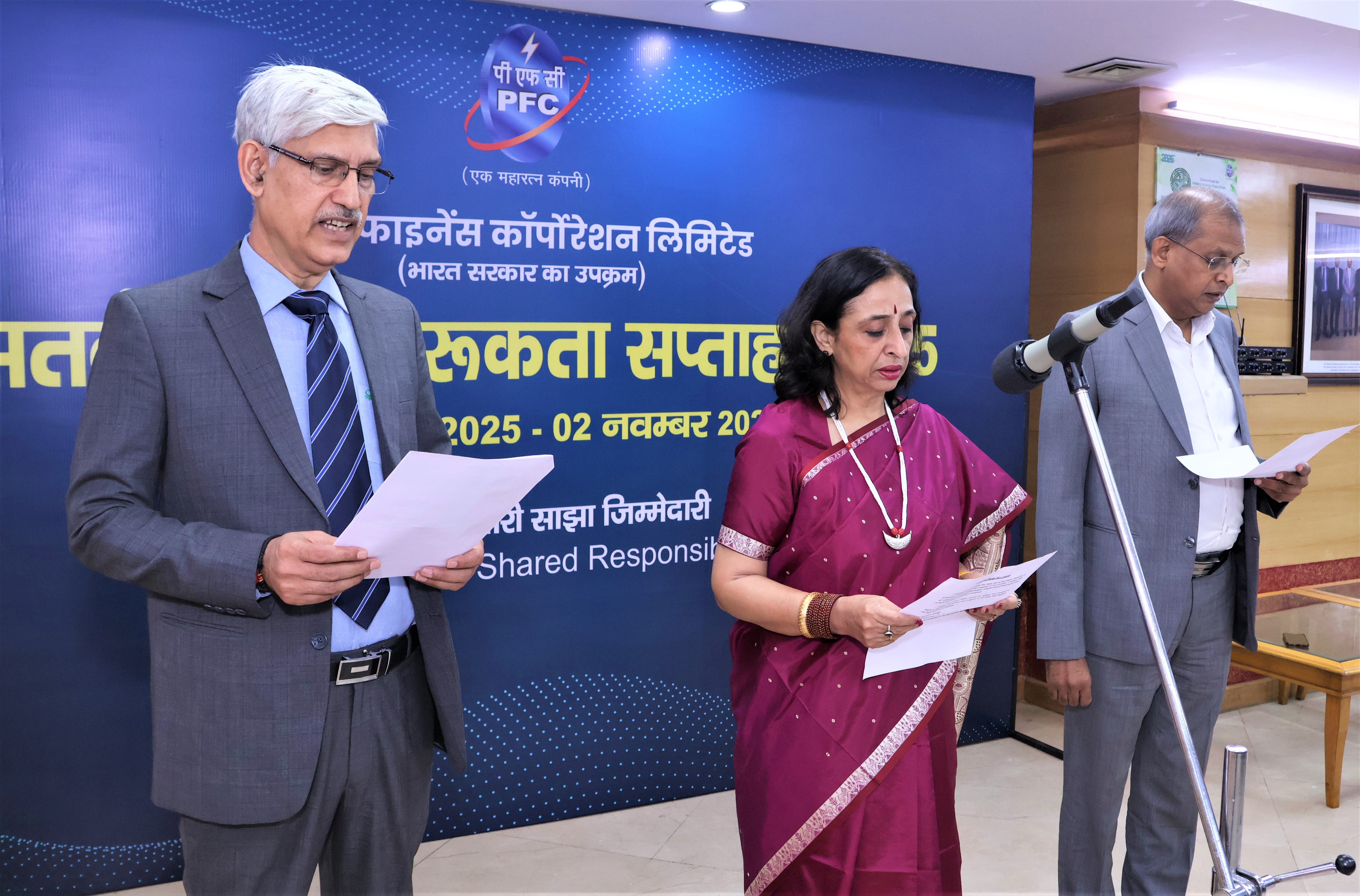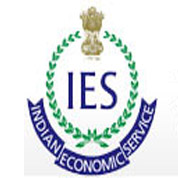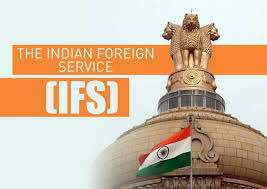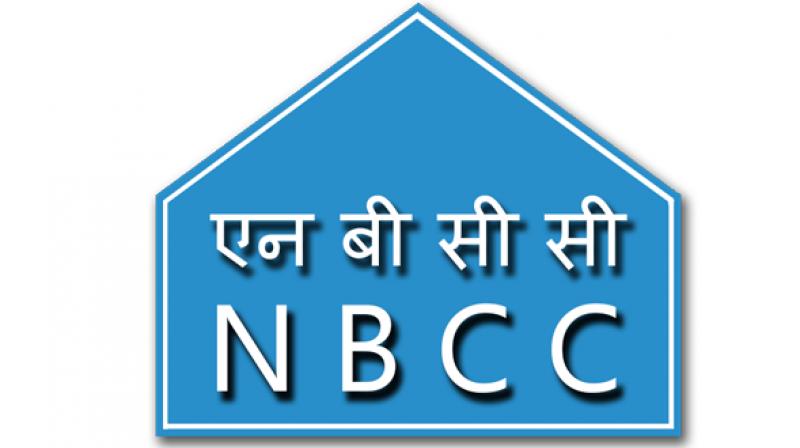Piyush Goyal, addressed the 6th edition of the ISA Steel Conclave today, where he underlined the strength of India’s ability to produce high-quality steel, and called upon the industry to adopt a spirit of self-reliance. He urged the sector to examine its import and export profile, identify areas where import substitution is possible, and work with domestic supply chains to reduce dependence on foreign sources. He cautioned against predatory pricing by certain countries. By focusing on self-sufficiency, he said, the Indian steel industry can protect its long-term viability and strengthen Atmanirbhar Bharat.
The Minister informed that the government is in active negotiations with several countries for Free Trade Agreements (FTAs), many of which will open new avenues for the Indian steel sector in international markets. He pointed out that the present government has ensured the inclusion of “melt and pour” conditions wherever there is potential for steel inflows. Shri Goyal emphasised that this approach would protect Indian producers from low-cost steel being routed through third countries, while at the same time creating fair opportunities for Indian steel to expand its footprint abroad.
Shri Goyal emphasised the importance of self-reliance in capital goods manufacturing. He noted that India continues to import several categories of capital goods and equipment, and urged the steel industry to venture into their domestic production. By doing so, the industry would not only create new business opportunities for itself but also contribute to India’s broader goal of becoming self-sufficient in critical industrial capabilities.
The Minister stressed on the strength, innovation, and critical role of the steel industry in India’s economic journey. He emphasised that the sector has consistently demonstrated self-confidence, the ability to plan for the future, and the resolve to contribute meaningfully to global sustainability efforts. The Minister congratulated the steel sector for its contributions to nation building, for investing in innovation and research, and expressed confidence that it would not only achieve its goals but exceed them with honour and resilience.
Shri Goyal highlighted that India’s aspiration to become a developed nation requires industries like steel to rise to international standards. He pointed out the growing importance of prefabricated steel structures, especially in urban construction and tall buildings. In cities such as Mumbai, where high-rise buildings are increasingly common and slum rehabilitation projects are being executed through cross-subsidy models, prefabricated steel construction can significantly reduce overall costs. He explained that such methods can lower interest burdens, accelerate project completion timelines, and provide durable, high-quality housing to both slum dwellers and new buyers. Stressing that prefabrication should be adopted on its own business merit rather than through mandates, Shri Goyal said that faster cash flow and efficiency in execution make this a viable model for both industry and end-users, creating a strong case for voluntary adoption.
Turning to new opportunities, Shri Goyal identified shipbuilding as a sector with transformative potential for the steel industry. He noted that India already possesses 5–6 high-quality private shipyards, advanced welding capabilities, robust machinery, and the ability to manufacture engines and steel that meet marine standards. With this foundation, the shipbuilding industry has the capacity to generate 10–12 million jobs in the country. He underscored that additional business from shipbuilding would enhance capacity utilisation and create new avenues of growth for the steel sector. The Minister also said that he is working with the Ministry of Shipping to explore policy changes that can encourage more ships to be anchored and flagged in India, making shipbuilding a win-win sector for both the nation and the industry.
The Minister said that steel is not just an industry but the backbone of India’s growth story. It plays a central role in almost every critical sector, from infrastructure and transportation to defence, space, and medical devices. Shri Goyal said that the ministry has set a roadmap for expanding capacity and achieving ambitious targets, including the export of 50 million tonnes of steel in the coming years. He called on the industry to be bold, audacious, and ambitious in setting goals, while assuring that the Government would remain a 24x7 partner in this journey by addressing challenges such as raw material costs and ensuring competitive access to iron ore.
The Commerce Minister said that the government is actively pursuing Free Trade Agreements with a number of countries to expand market access for Indian steel. Shri Goyal noted that ongoing negotiations with the European Union are being accelerated, while the recently concluded agreement with the EFTA group—comprising Switzerland, Norway, Liechtenstein, and Iceland—will come into effect on 1st October. The agreement with the United Kingdom is currently undergoing parliamentary approval, and efforts are underway to fast-track talks with the EU. The Minister highlighted that such agreements, long in the making, are now becoming reality after nearly 25 years, opening new opportunities for India’s steel exports under a framework designed to safeguard national interest.
He further linked the industry’s growth prospects with recent policy reforms, particularly the transformational cuts in GST rates. He said that the GST reductions would leave more disposable income in the hands of consumers, which in turn would raise consumption demand. Higher demand, he noted, will attract greater investments, creating a positive cycle where investment leads to more demand for steel, logistics, and automobiles. He underlined that the steel sector will be a direct beneficiary of this cycle, as its demand will continue to rise in parallel with India’s economic expansion.
In his concluding remarks, Shri Goyal said that steel, along with cement, is an evergreen sector, essential for the nation’s progress. He reiterated that producing more steel at competitive prices, strengthening self-reliance, and embracing Swadeshi principles are critical for India’s growth. He emphasised that the steel industry will be central to achieving the ambitious target of 500 million tonnes of steel production and will play a decisive role in making India a developed nation by 2047.


